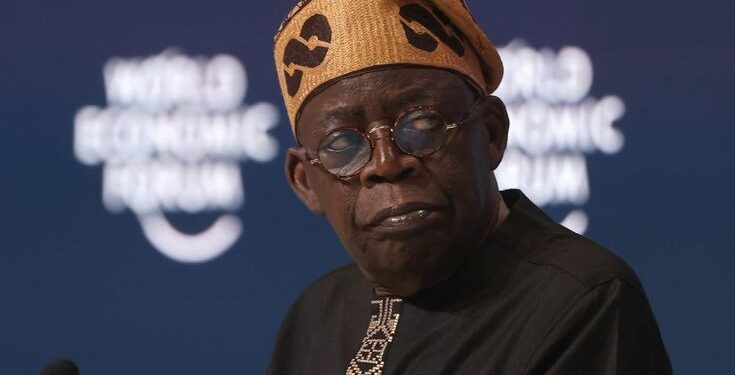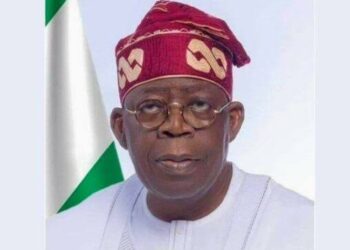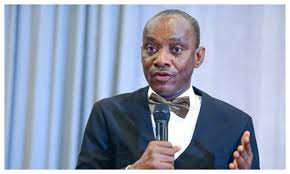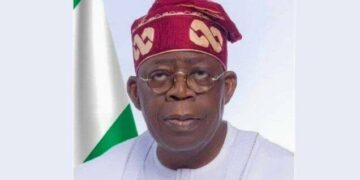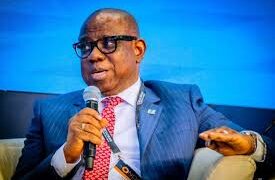The All Progressives Congress (APC) have been in control of Nigeria’s central government since 2015 till date. About a decade in power at the federal level, yet has blamed the opposition Peoples Democratic Party (PDP) for increasing poverty under President Bola Tinubu’s administration.
The APC, in a statement via its spokesperson, Felix Morka, on Monday, blamed the opposition party for the widespread poverty in the country.
“It was the failure of previous administrations, particularly 16 years of PDP administration, to allow the naira to find its real value that created the economic conditions of poverty that the present administration is now addressing,” the statement reads in part.
The ruling party praised Mr Tinubu for removing fuel subsidy and harmonising exchange rates. This came as response to criticisms from opposition figures Atiku Abubakar of the PDP, Nasir El-Rufai of the Social Democratic Party, and Rotimi Amaechi—the trio reportedly plotting a coalition to remove Mr Tinubu from office in 2027.
A decade ago, the APC promised reforms focused on tackling insecurity, anti-corruption, reduction in fuel price and Dollar-Naira exchange rate, and alleviating poverty, and successful removed the PDP in the historic 2015 election.
Though the APC took over power from Goodluck Jonathan of the PDP in 2015, it has continually blamed widespread poverty and insecurity on the PDP’s legacy.
Ex President Muhammadu Buhari, who succeeded Mr Jonathan, served two terms (eight years) before handing over to his fellow party member, Bola Tinubu, on May 29, 2023—two years ago.
In the past 10 years under APC administrations, Nigerians have witnessed increased insecurity in the form of Boko Haram, banditry, gunmen raids on communities, mass kidnappings of schoolchildren for ransom, widespread poverty, and historic hyperinflation, constant reduction of purchasing power and acute hunger.
Since the APC took power and control of the central government, Nigerians have experienced a significant spike in fuel prices—from N87 to over N1,000 and later to about N900—while the naira has collapsed from about N195 to the dollar to over N1,600 to the dollar.
Similarly, food prices, the cost of transportation, and the overall cost of living have risen astronomically in the past ten years under successive APC regimes.
With inflation at 24 percent–a drop from 34 percent after the economy was rebased–Nigeria recorded the largest increase in acute food insecurity globally in 2024, according to the 2025 Global Report on Food Crises, published by the Global Network Against Food Crises in collaboration with the Food Security Information Network and UNICEF.
In May, the International Monetary Fund reported that poverty and food insecurity remained high under Mr Tinubu.
The World Bank’s Africa Pulse report of April 2025 also stated that Nigeria has the highest number of extremely poor people globally, warning that more Nigerians will be pushed into poverty by 2027.


